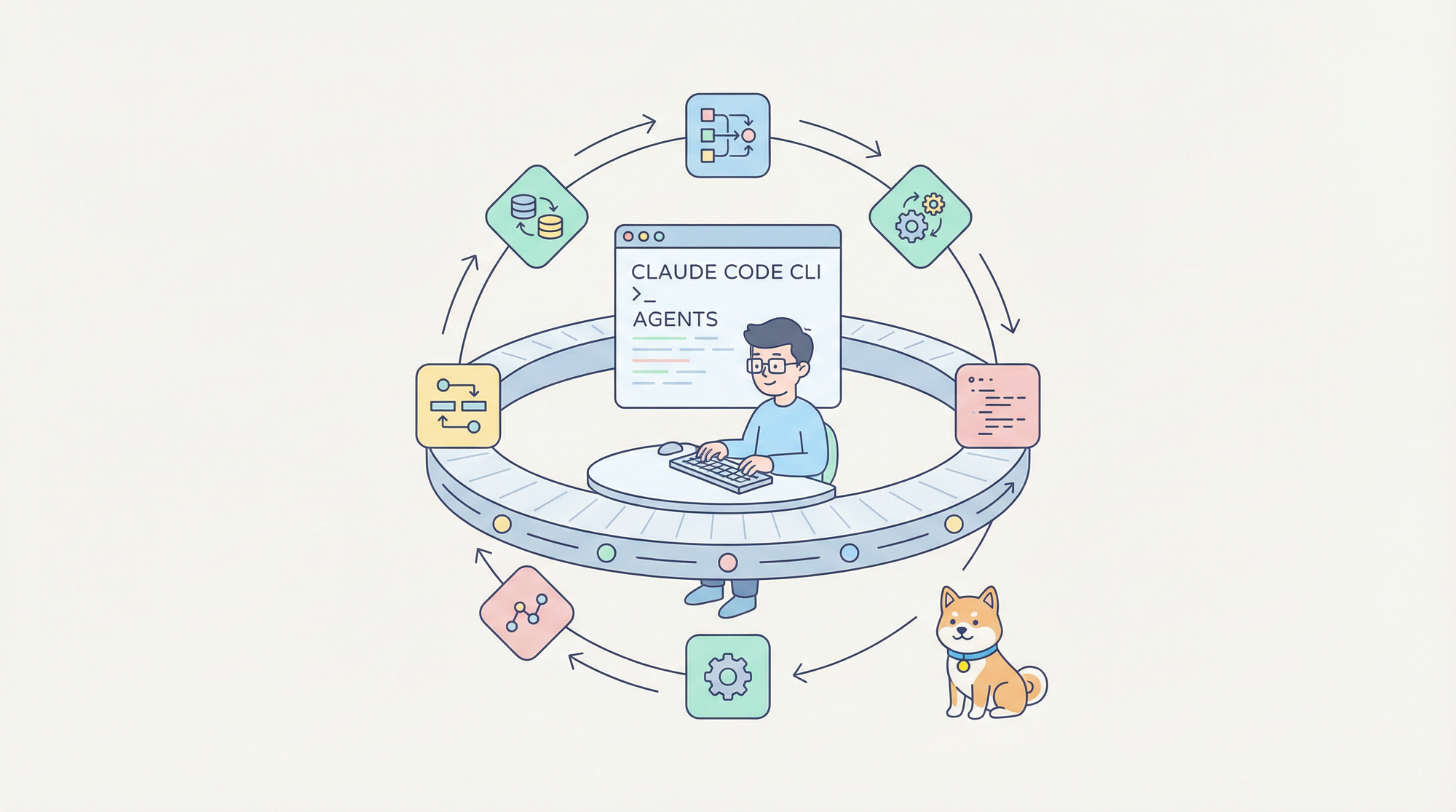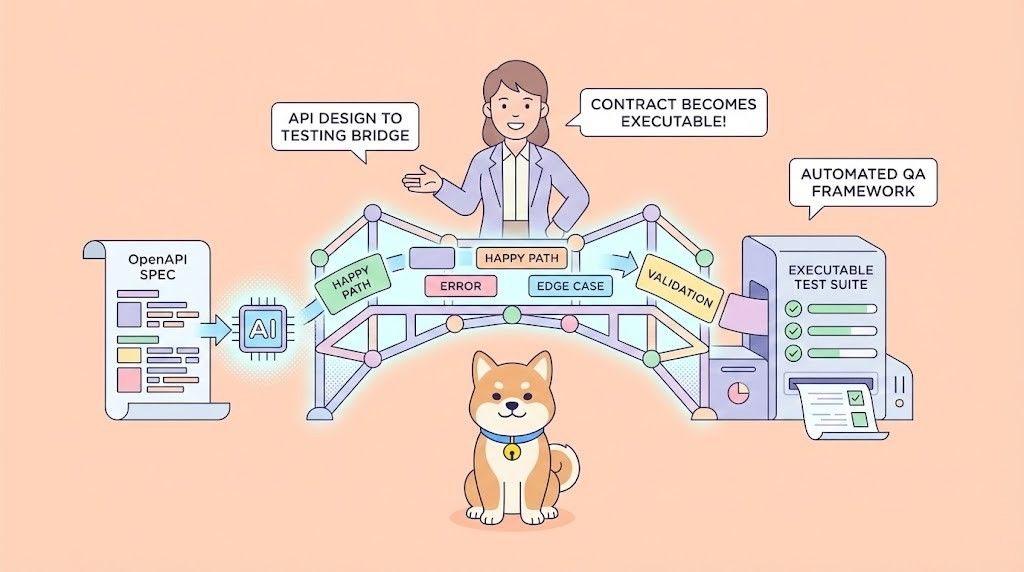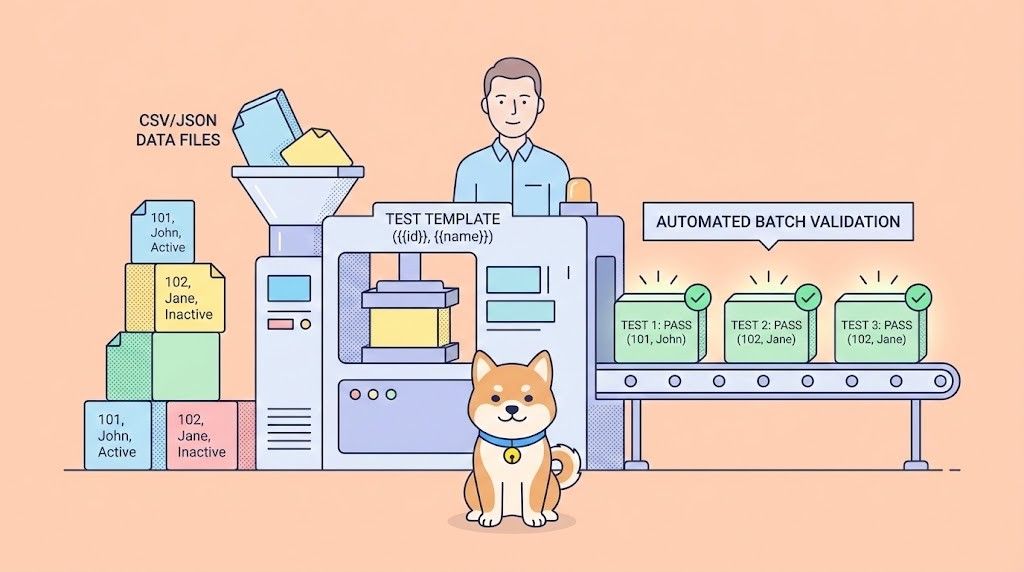The artificial intelligence landscape has experienced a seismic shift with the arrival of Grok 4, xAI's latest flagship model that promises to redefine what's possible in machine learning. Furthermore, this revolutionary AI system has already begun challenging established benchmarks and setting new standards for performance across multiple domains.
What Makes Grok 4 Revolutionary
Grok 4 represents a fundamental breakthrough in AI architecture and capabilities. Unlike its predecessors, this model incorporates advanced reasoning mechanisms that enable it to tackle complex problems with unprecedented accuracy. Additionally, the system demonstrates exceptional performance across diverse benchmark tests, establishing new industry standards.

The model's development leverages sophisticated neural network architectures that combine transformer-based designs with novel attention mechanisms. Consequently, Grok 4 achieves superior contextual understanding while maintaining computational efficiency. Moreover, the system's training methodology incorporates both supervised learning and reinforcement learning techniques, resulting in more robust and adaptable AI behavior.
Technical Architecture and Performance Metrics
Core Architecture Components
Grok 4 utilizes a hybrid architecture that integrates multiple specialized modules for different cognitive tasks. The system employs distributed processing capabilities that allow for parallel computation across various reasoning domains. Subsequently, this design enables the model to handle multiple complex queries simultaneously without performance degradation.

The model's neural network consists of approximately 1.7 trillion parameters, representing a significant increase from previous generations. Furthermore, the architecture includes specialized attention heads for mathematical reasoning, code generation, and natural language understanding. These components work together to create a unified system capable of tackling diverse challenges.
Benchmark Performance Analysis
Recent benchmark results demonstrate Grok 4's exceptional performance with 95 AIME, 88 GPQA, and 75 SWE-bench scores, positioning it as the market leader. The model's performance on the AIME (American Invitational Mathematics Examination) test is particularly noteworthy, achieving near-perfect scores that surpass human expert performance.

Moreover, Grok 4 achieved 45% on the Humanity Last Exam with reasoning capabilities, a benchmark designed to test the limits of AI comprehension. This score represents a significant advancement over previous models and demonstrates the system's ability to handle complex, multi-step reasoning tasks.
The GPQA (Graduate-Level Google-Proof Q&A) benchmark results show 87-88% accuracy, indicating exceptional performance in graduate-level scientific questions. This achievement highlights the model's deep understanding of scientific concepts and its ability to apply knowledge across disciplines.
Advanced Reasoning Capabilities
Mathematical and Scientific Reasoning
Grok 4 demonstrates remarkable proficiency in mathematical problem-solving, particularly in areas requiring multi-step logical reasoning. The model can analyze complex mathematical proofs, solve advanced calculus problems, and work through abstract mathematical concepts with high accuracy. Additionally, it shows exceptional performance in physics, chemistry, and engineering applications.
The system's approach to mathematical reasoning incorporates symbolic manipulation alongside numerical computation. Therefore, it can handle both abstract mathematical concepts and practical calculations with equal competence. This dual capability makes it particularly valuable for research applications and educational purposes.
Code Generation and Software Development
The specialized Grok 4 Code variant offers intelligent code completion, debugging assistance, and optimization capabilities that revolutionize software development workflows. This version achieves 72-75% on SWE Bench, demonstrating superior performance in real-world software engineering tasks.
The code generation capabilities extend beyond simple syntax completion to include architectural design recommendations, performance optimization suggestions, and automated testing strategies. Furthermore, the system can analyze existing codebases and provide refactoring recommendations that improve maintainability and efficiency.
Multimodal Integration and Real-World Applications
Enhanced Multimodal Processing
Grok 4 incorporates advanced multimodal capabilities that enable it to process and generate content across text, images, and structured data formats. The system can analyze visual content, extract relevant information, and provide detailed descriptions or explanations based on image inputs. Subsequently, this capability opens new possibilities for applications in fields such as medical imaging, scientific research, and creative content generation.
The model's multimodal architecture allows for seamless integration between different data types, enabling more comprehensive analysis and response generation. For example, it can analyze a scientific diagram while simultaneously referencing relevant textual information to provide complete explanations.
Developer Integration and API Access
For developers working with AI integration, Grok 4 offers comprehensive API access that simplifies implementation across various platforms. The system provides RESTful APIs with extensive documentation and code examples, making it accessible to developers with varying levels of AI expertise. Moreover, the API design emphasizes performance and scalability, ensuring reliable operation in production environments.
Apidog serves as an excellent platform for testing and integrating Grok 4 APIs into your applications. The platform provides comprehensive API testing capabilities, including request/response validation, performance monitoring, and automated testing workflows. Additionally, Apidog's user-friendly interface makes it easy to experiment with different API endpoints and parameter configurations.

Competitive Landscape and Market Position
Comparison with Existing Models
Grok 4's performance metrics place it at the forefront of the current AI landscape, surpassing established models from OpenAI, Google, and Anthropic in multiple benchmark categories. The model's reasoning capabilities particularly excel in mathematical and scientific domains, where it demonstrates superior accuracy and problem-solving approaches.
However, the competitive landscape remains dynamic, with other companies developing their own advanced models. Nevertheless, Grok 4's combination of reasoning capabilities, multimodal integration, and developer-friendly APIs positions it as a compelling choice for enterprise and research applications.
Industry Impact and Adoption
The release of Grok 4 has significant implications for various industries, particularly those requiring advanced analytical capabilities. Financial institutions can leverage the model's mathematical reasoning for risk analysis and algorithmic trading strategies. Similarly, healthcare organizations can utilize its scientific reasoning capabilities for medical research and diagnostic assistance.
Educational institutions represent another key adoption area, where Grok 4 can serve as an advanced tutoring system capable of explaining complex concepts across multiple disciplines. The model's ability to provide step-by-step reasoning makes it particularly valuable for STEM education applications.
Technical Implementation Considerations
Infrastructure Requirements
Implementing Grok 4 requires careful consideration of infrastructure requirements and resource allocation. The model's computational demands necessitate robust hardware configurations, particularly for applications requiring real-time processing. Cloud-based deployment options provide scalability and cost-effectiveness for most use cases.
Organizations should also consider network bandwidth requirements, especially for applications involving multimodal processing or large-scale data analysis. Additionally, security considerations become paramount when implementing AI systems that handle sensitive data or critical business processes.
Integration Best Practices
Successful Grok 4 integration requires adherence to established best practices in AI deployment and management. This includes implementing proper error handling, monitoring system performance, and maintaining backup systems for critical applications. Furthermore, organizations should establish clear governance frameworks for AI usage and ensure compliance with relevant regulations.
Testing and validation procedures become crucial when deploying advanced AI systems like Grok 4. Comprehensive testing should include accuracy validation, performance benchmarking, and security assessment. Moreover, ongoing monitoring ensures that the system continues to perform optimally as usage patterns evolve.
Conclusion
Grok 4 represents a significant milestone in AI development, demonstrating capabilities that push the boundaries of what's possible with current technology. Its exceptional performance across multiple benchmark tests, combined with advanced reasoning capabilities and multimodal integration, positions it as a leading solution for organizations requiring cutting-edge AI capabilities.
The model's technical architecture, performance metrics, and practical applications make it a compelling choice for developers, researchers, and organizations seeking to leverage advanced AI capabilities. As the technology continues to evolve, Grok 4 sets new standards for AI performance and opens possibilities for applications previously considered beyond reach.
For developers looking to integrate these powerful capabilities into their applications, platforms like Apidog provide the tools necessary to test, validate, and deploy AI-powered solutions effectively. The combination of advanced AI models like Grok 4 with robust development tools creates opportunities for innovation across countless industries and applications.



